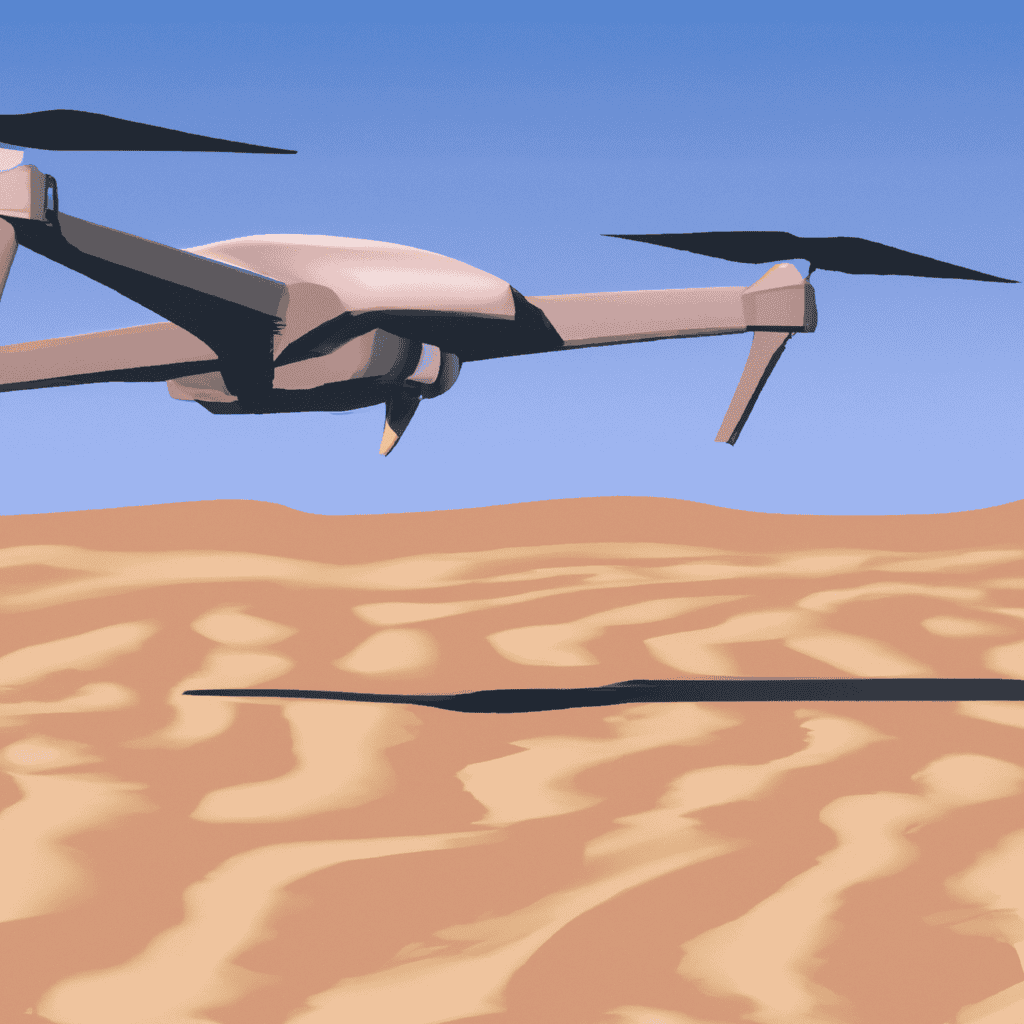The United States is ramping up its military presence in the Middle East as a defensive tactic aimed at reducing rising tensions in the area, according to a White House official on Sunday.
Tensions have escalated following the assassination of Ismail Haniyeh, the Hamas leader, in Tehran last Wednesday, which came just a day after an Israeli airstrike in Beirut killed Fuad Shukr, a senior military figure in Hezbollah. Both Hamas and Hezbollah receive backing from Iran.
There are growing concerns that Israel’s ongoing conflict with Palestinian militants in Gaza could spill over into a broader regional war. Both Iran and Hamas have attributed Haniyeh’s assassination to Israel and, alongside Hezbollah, have vowed to exact revenge, although Israel has neither confirmed nor denied its involvement.
President Joe Biden is set to meet with his national security team on Monday to assess the situation in the Middle East and will also engage in discussions with Jordan’s King Abdullah.
According to Axios, Secretary of State Antony Blinken informed G7 counterparts that attacks by Iran and Hezbollah on Israel could occur as soon as Monday, although he was uncertain of the specifics regarding the nature or timing of any potential attacks. The State Department later highlighted the ministers’ discussions on the urgent need for de-escalation in the region.
On Friday, the Pentagon announced plans to deploy additional fighter jets and naval ships to the area. Jonathan Finer, deputy national security adviser, stated that the aim is to lower tensions, deter potential attacks, and prevent regional conflicts. He noted that the U.S. and Israel are preparing for various scenarios.
Finer remarked on a previous close call in April when Iran attacked Israeli territory using drones and missiles, which followed an Israeli strike in Damascus that resulted in the deaths of seven Iranian officers. He indicated that the U.S. intends to be ready if similar incidents occur in the future.
During a conversation with his Israeli counterpart, Defense Secretary Lloyd Austin reaffirmed U.S. support for Israel’s security and its right to self-defense against threats from Iran, Hezbollah, and other Iranian-backed organizations.
Blinken also spoke with Iraqi Prime Minister Mohammed Shia al-Sudani on Sunday, stressing the need for all parties to take actions to reduce regional tensions and foster stability.
On Saturday, Biden expressed optimism that Iran might choose to de-escalate its threats of retaliation for Haniyeh’s assassination. In response to the situation, the U.S. urged its citizens in Lebanon to make evacuation plans if they intend to leave, and the British government similarly advised its nationals to exit Lebanon. Canada warned its citizens against travel to Israel, citing security risks due to the regional conflict.
Haniyeh’s assassination is part of a string of high-profile killings of Hamas leaders amidst the Gaza war, which has reportedly resulted in nearly 40,000 Palestinian deaths, raising alarm over the possibility of a widespread Middle Eastern conflict. Hamas announced it has initiated a “broad consultation process” to appoint a new leader following Haniyeh’s death.
The U.S. and its international partners, including France, Britain, Italy, and Egypt, continue diplomatic efforts to prevent further escalation in the region. Jordan’s foreign minister is scheduled to visit Iran on Sunday to discuss the unfolding situation.
Violence persisted on Sunday in the Palestinian territories, with Israeli airstrikes reportedly killing at least 25 Palestinians and injuring several others at schools housing displaced persons near Gaza City. Additionally, a strike on a hospital compound in central Gaza claimed at least five lives, according to health officials, as negotiations for a ceasefire ended without progress.
